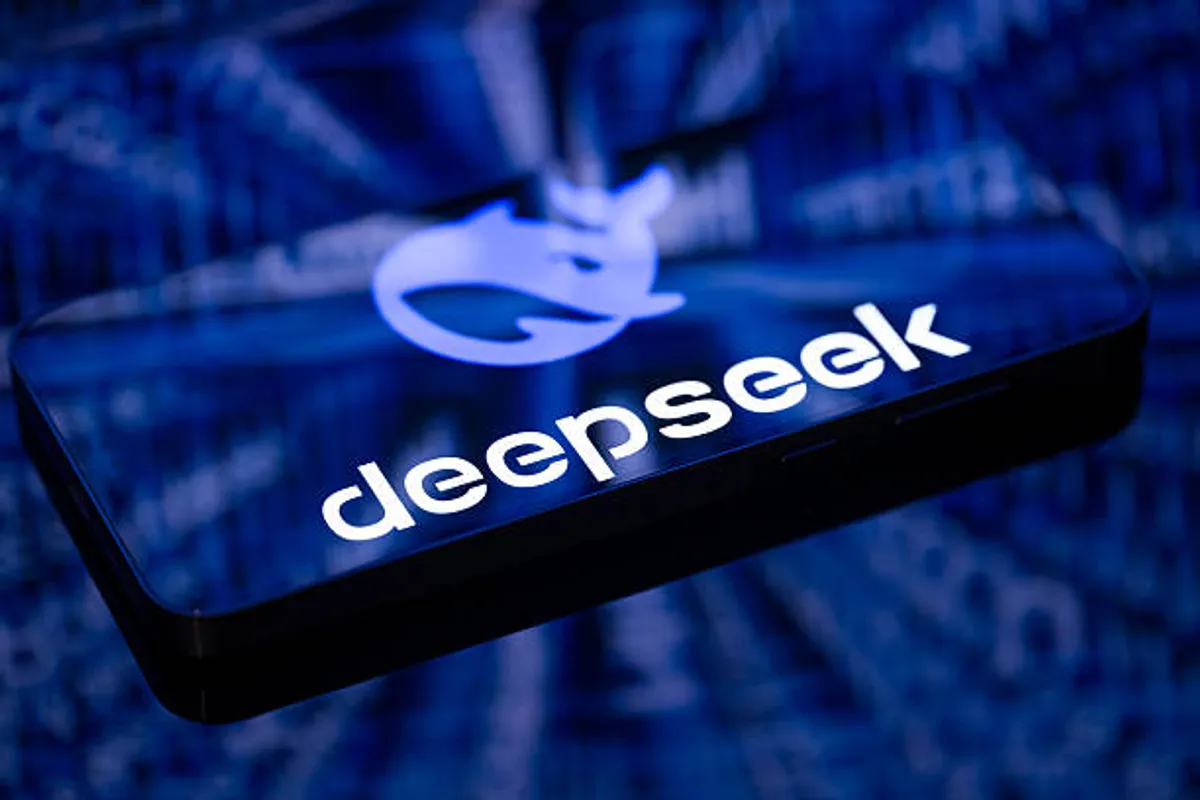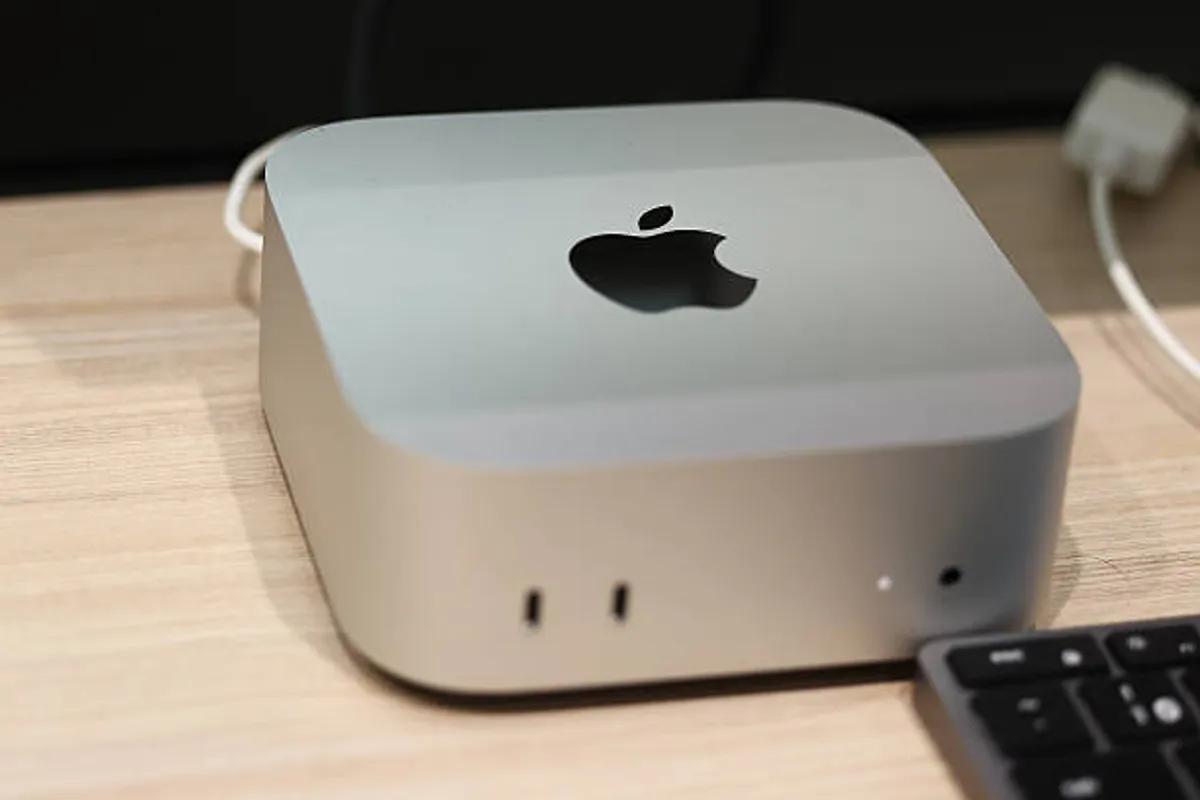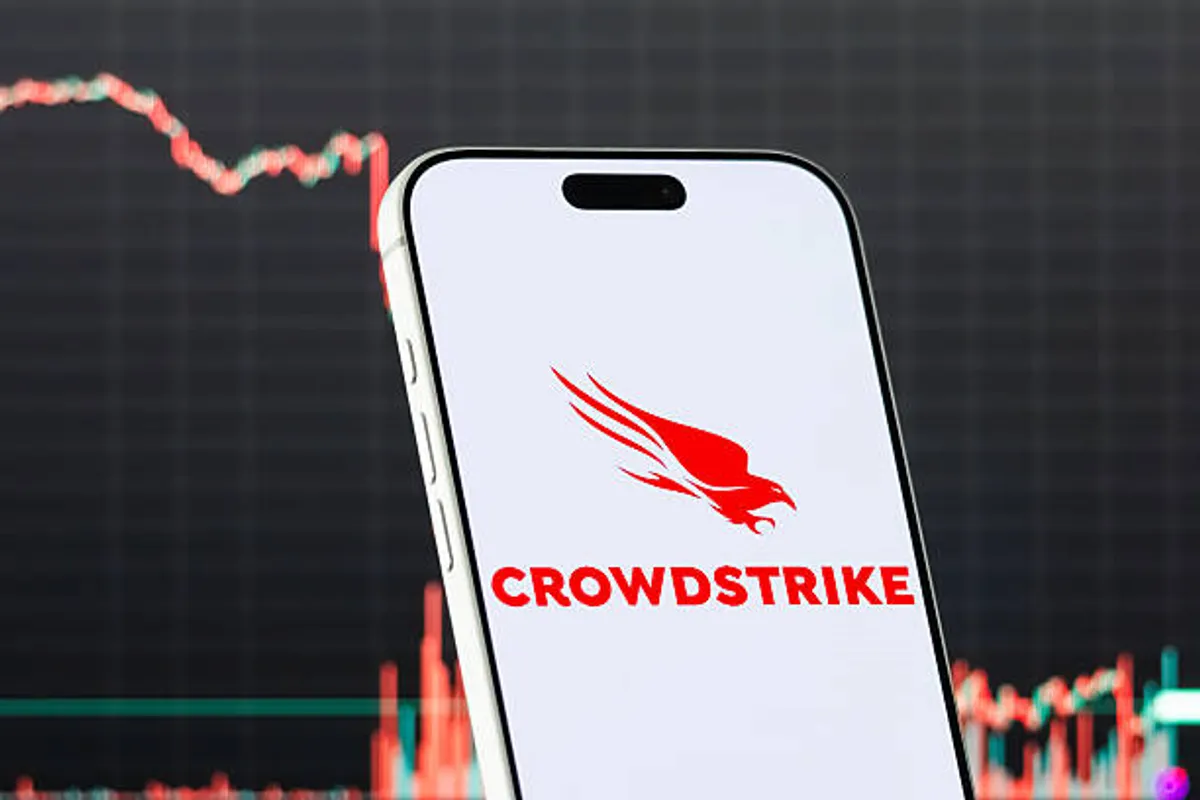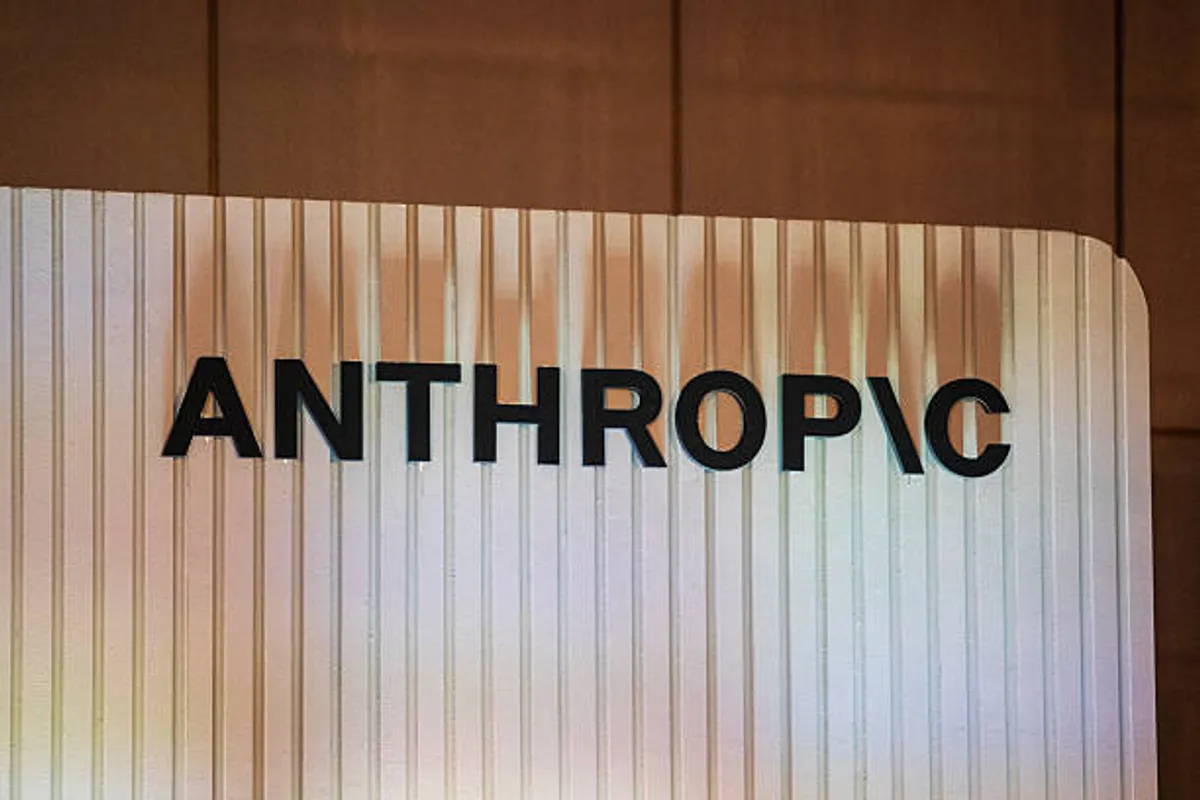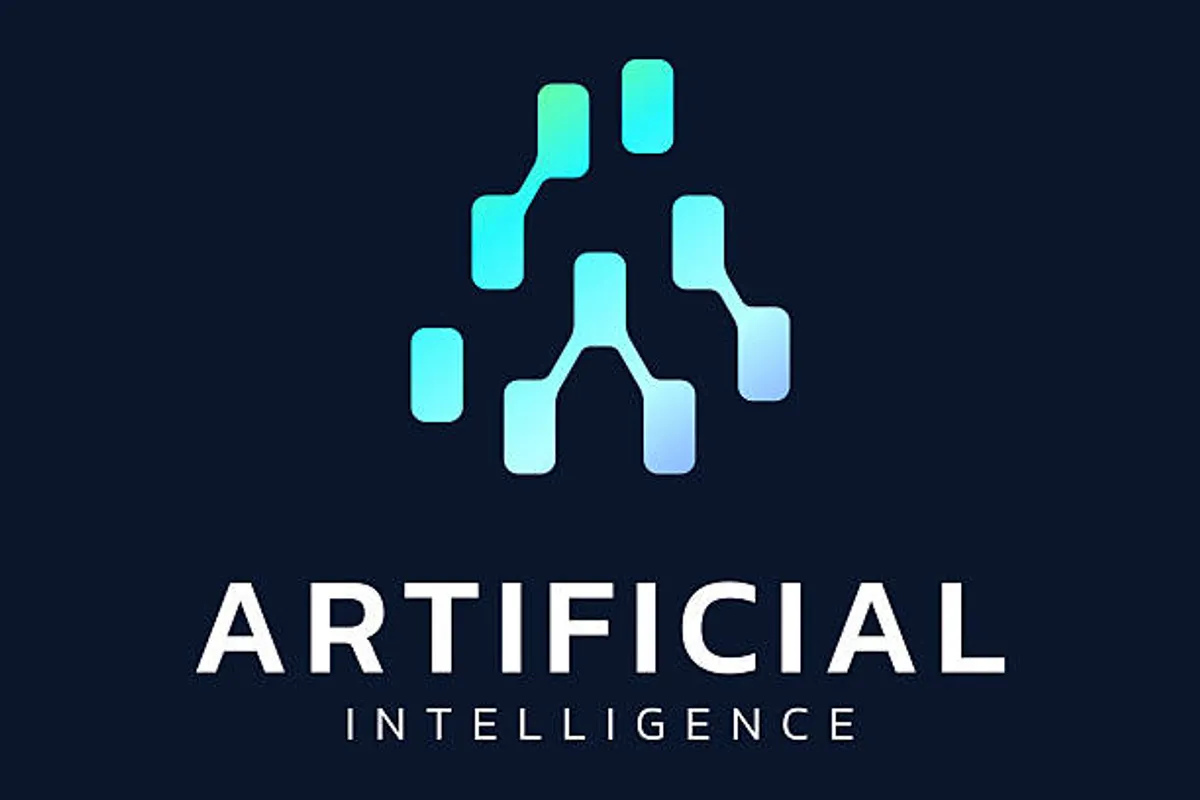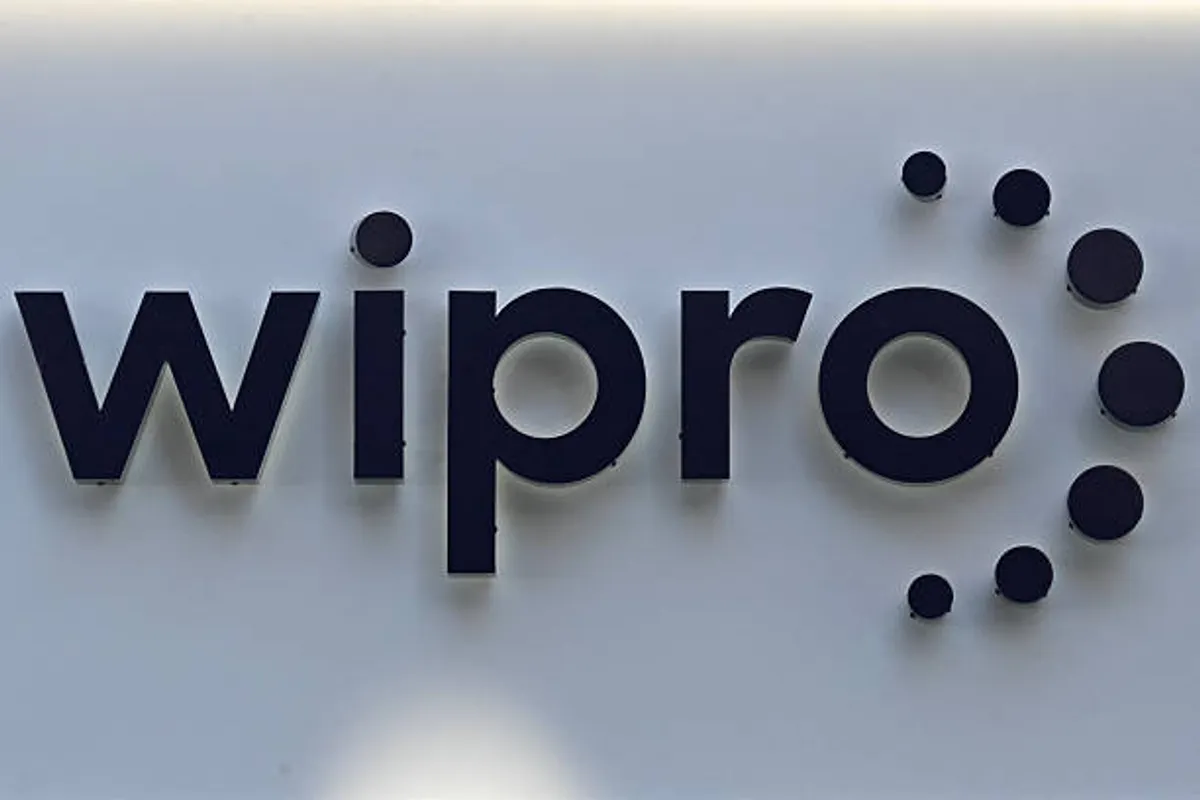Ex-Twitter CEO Agrawal’s AI Search Startup Parallel Raises US$100 Million

GeokHub
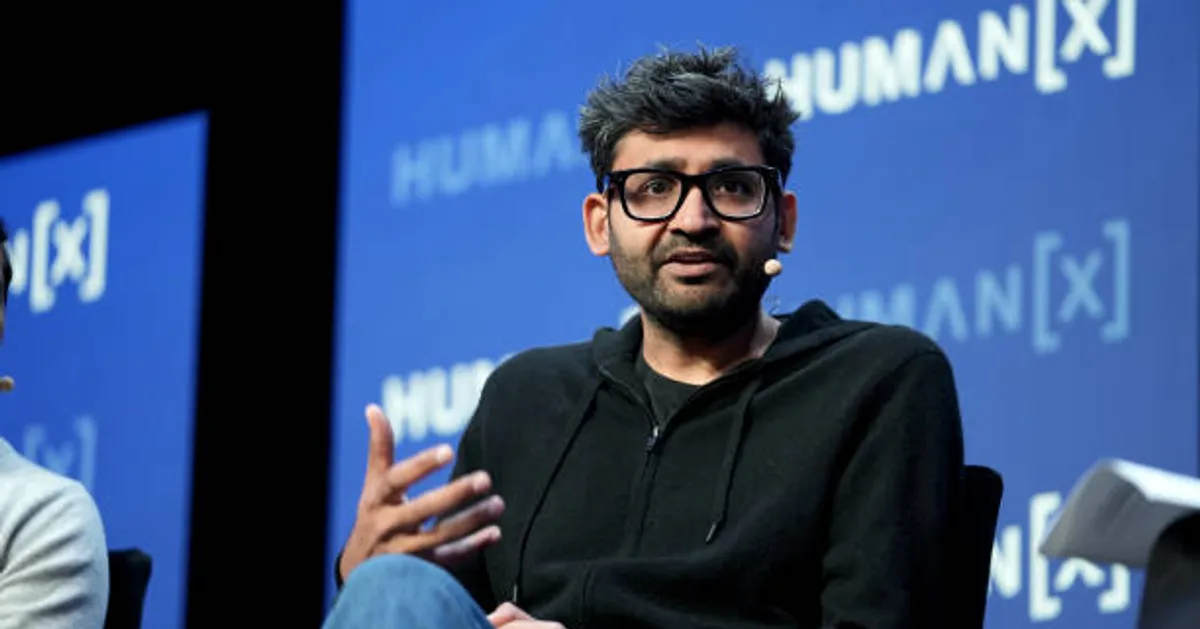
The AI-search infrastructure startup Parallel Web Systems, founded by former Twitter, Inc. CEO Parag Agrawal, has raised US$100 million in a Series A funding round, bringing its valuation to approximately US$740 million. The round was co-led by venture firms Kleiner Perkins and Index Ventures, with participation from existing backers including Khosla Ventures.
Parallel is building application programming interfaces (APIs) that enable AI systems to access the live web and integrate up-to-date information into tasks such as code generation, sales-data analysis and insurance risk assessment. According to Agrawal, the company is targeting enterprise customers whose AI agents require more than static data: they need fresh, real-time web content. Parallel argues that traditional search engines are designed for humans, whereas its platform is optimised for machine consumption—returning content tailored for AI context windows rather than ranked links.
The funding will be used to accelerate product development, expand customer acquisition and address the growing challenge of web content being locked behind paywalls or login barriers. Parallel also plans to build a new economic model to incentivise content owners to grant AI access, though details remain under wraps. Founded in 2023 and launched in August 2025 after raising US$30 million in early 2024, Parallel is positioning itself at the intersection of AI infrastructure and web-data economics.
Analysis / Impact:
Parallel’s rise is emblematic of a key shift in the AI ecosystem: the web is increasingly becoming a domain not just for human users but for AI agents, and new infrastructure is needed to support that transformation. By focusing on the mechanics of how AI systems fetch, interpret and use web data, Parallel aims to unlock a layer of value beneath the surface of LLMs that rely on periodic training snapshots.
For enterprises globally—and by extension markets like Nigeria and Africa—the development signals that competitiveness in the AI era will depend not only on having models but also on how those models are fed and sustained with fresh, structured data. Local firms that build adequate pipelines, access to real-time data feeds and partnerships with content owners may find themselves with an edge.
However, there are risks. The model depends on cooperation from content platforms, regulatory clarity on data access, and scalability of systems that handle high-volume web streams. The valuation of US$740 million also implies high expectations. Should the anticipated shift in how AI consumes the web fail to materialise, or should established search-platform incumbents adapt rapidly, Parallel may face a steeper fight than currently anticipated.
